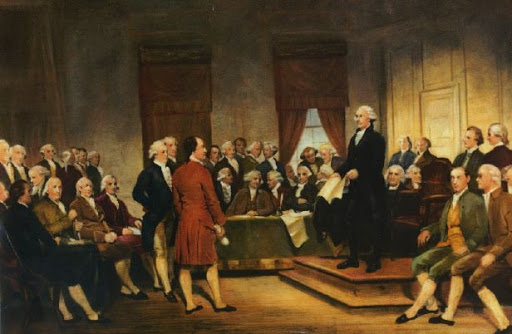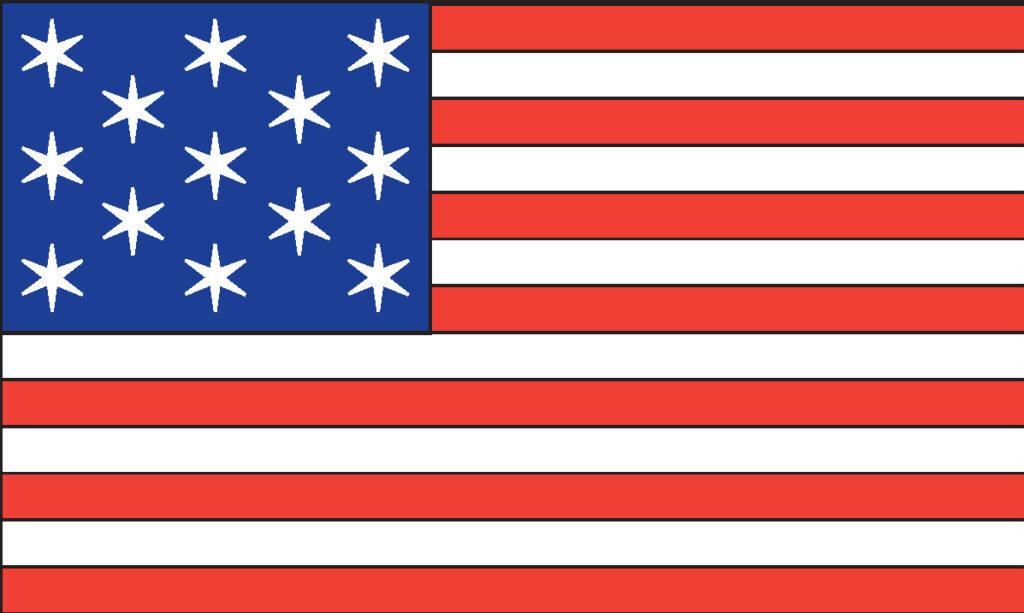At the Constitutional Convention, the delegations unanimously agree to make the regulation of interstate and foreign commerce the exclusive domain of Congress. This settles one of the greatest problems under the Confederation: the erection of trade barriers between the States, by the States; this will create one giant free trade zone among the united States. Also, the State delegations vote nine to two in favor of forbidding Congress the power to print fiat currency (Bills of Credit). This clause transfers from the Article of Confederation, Article IX, Section 5: The United States in Congress assembled shall have authority … to borrow money, or emit bills, on the credit of the United States … [emphasis added]; to read in the proposed Constitution for the united States, Article I, Section 8 [Clause 2], as: “The Congress shall have Power … to borrow money on the credit of the United States. …“
[restored 9/26/2021]
Subsequent Events:
Authority:
Articles of Confederation, Article XIII
ccc-2point0.com/Articles-of-Confederation
References:
“Chronology of Events, 1774-1804,” from The Debate on the Constitution, two volumes, Bernard Bailyn, ed., (New York: Library of America, 1992), 2:1057
George Bancroft, A Plea for the Constitution of the United States, Wounded in the House of its Guardians, (New York: Harper’s, 1886; Sewanee, Tennessee: Spender Judd, 1982), 39-40.
0544-02_Bk.pdf
lf-oll.s3.amazonaws.com/titles/1786/0544-02_Bk.pdf
Borrowing Power :: Article I. Legislative Department :: US Constitution Annotated :: Justia
law.justia.com/constitution/us/article-1/27-borrowing-power.html
Avalon Project – Madison Debates – August 16
avalon.law.yale.edu/18th_century/debates_816.asp


